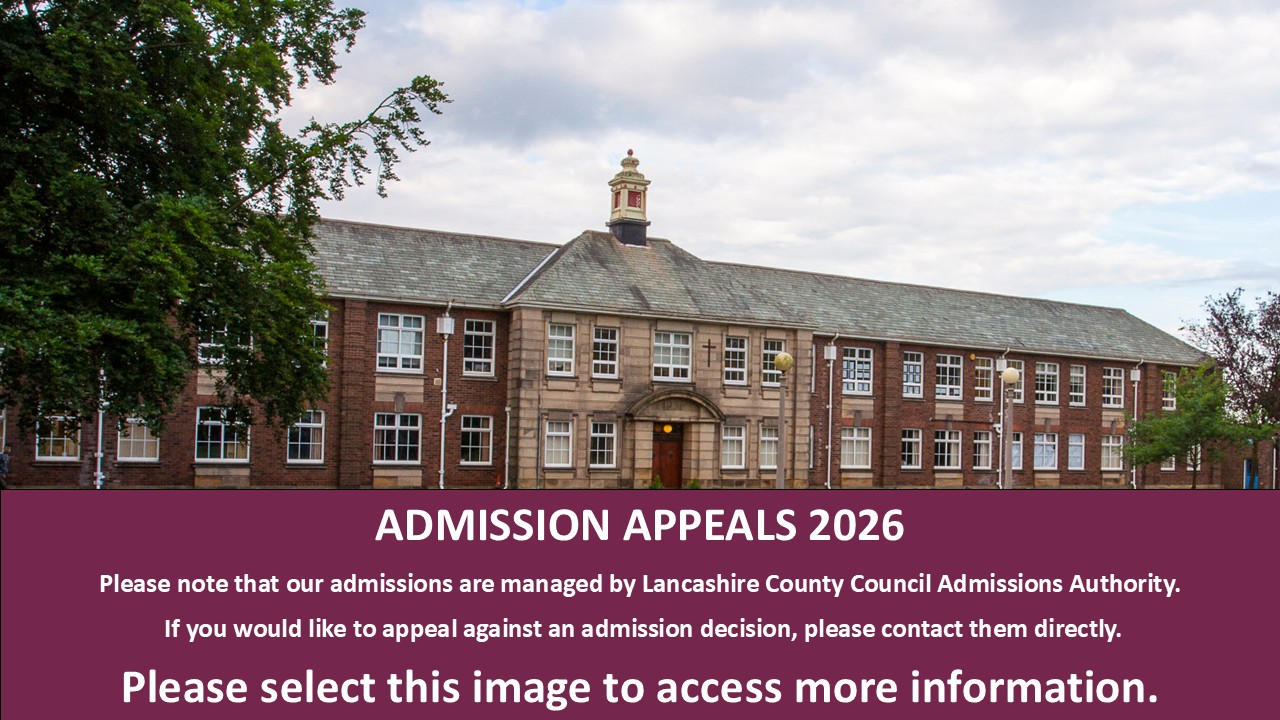English Department Staff
For more information about the Subject curriculum, please contact: Mrs D Dolman the Curriculum Leader.
- Mrs D Dolman - Curriculum Leader and Assistant Headteacher (Quality Assurance and English Curriculum Leader)
- Mr L Duckworth - Second in Department
- Mrs L Bache - Drama Subject Leader and English Teacher
- Mrs C Cornwell - English Teacher
- Mrs C Gore - English Teacher
Mrs G Henderson - English Teacher - Mrs E Hiller - English Teacher
- Miss F McCutcheon - English Teacher and Whole School Literacy Lead
- Mr J Morgan - English Teacher
- Mrs B O’ Neill - English Teacher
- Mrs M Rogerson - SENCO and English teacher
|
"To learn to read is to light a fire; every syllable that is spelled out is a spark" Victor Hugo |
Balshaw’s English Department Curriculum Intent
"We will work together to share and promote an enjoyment of reading; to support students in becoming effective and confident communicators, and nurture students in becoming independent and adaptable learners.”
Our intent is to offer students a wide range of challenging texts to give them a foundation of knowledge of important classic, world and modern literature. Through studying these texts, as well as a range of non-fiction texts, we develop analytical reading, oracy, and accurate written communication.
We explore the questions: How does the writer engage or influence us? How as writers can we engage or influence our readers?
English Curriculum Implementation
English Literature Curriculum Implementation
Aspects of the Key Learning in English include:
- The understanding that any text is a deliberate construct and an increasing awareness of a writer at work.
- The understanding that literature texts are a product of time and place; the importance of context.
- The understanding that through literature, readers and writers make meaning and explore the human condition.
- There are agreed rules of spelling, punctuation and grammar to help make meaning clear.
We aim to help students:
- Develop oracy skills to a high level, in which pupils are encouraged to verbally express themselves clearly, cogently and in a manner befitting the context.
- Develop active listening skills so that they are able to respond to others in a courteous, respectful and purposeful manner.
- Take part in formal debates so that they can explore their own viewpoints thoroughly.
- Develop inference and critical analysis skills when fostering a love of reading.
- Write accurately and imaginatively for a range of purposes and audiences, using the highest quality language and structural devices.
- Hone their own writing ‘voice’.
- Develop a love of reading and knowledge of the literary canon.
- Develop a repertoire of ambitious vocabulary so that pupils are equipped with the language required to express themselves in a sophisticated manner.
- Reflect upon their own social and moral viewpoints and change/alter them accordingly.
